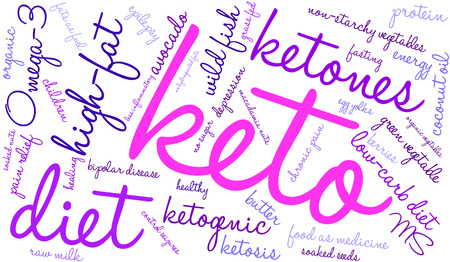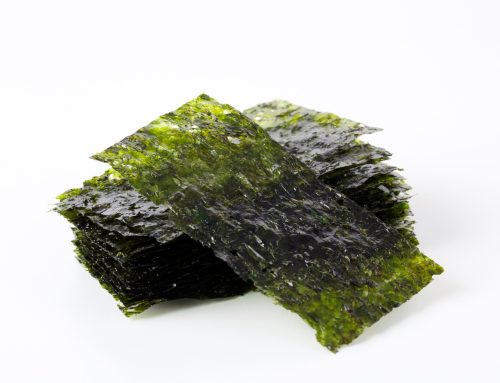Are Keto diets healthy? A new study found that although a keto diet promotes quick weight loss, it also significantly increases the risk of heart disease, kidney failure, Alzheimer’s disease, diabetes, and cancer.
Keto diets are known for their ability to promote quick weight loss because they restrict carbohydrates and emphasize protein and fats. The aim is to push the body into ketosis, which is the state in which the body uses fat for fuel. Keto diets rely heavily on red meat, fish, nuts, cream, eggs, cheese, oil, and non-starchy vegetables but they avoid fruit, starchy vegetables, whole grains, beans, and lentils. The keto diet was originally developed in the 1920s as a treatment for patients with severe drug-resistant epilepsy, and was shown to be effective for reducing seizures in extreme cases. Scientists believe the diet decreases seizures by making less glucose available to fuel neurons.
Are Keto Diets Healthy?
The long-term consequences of a ketogenic diet may far outweigh any potential short-term benefits, according to a new review published in scientific journal Frontiers in Nutrition. For the meta-analysis, a group of physicians, researchers, and registered dietitians analyzed more than 100 peer-reviewed studies on keto diets to identify the long-term effects.
The published review answered the question: Are keto diets healthy. It found that people who follow a keto diet have a significantly increased risk of:
• developing heart disease
• LDL cholesterol buildup
• kidney failure
• Alzheimer’s disease
• Diabetes
• and cancer.
The study’s authors also discovered that keto diets are particularly dangerous for people who are pregnant or may become pregnant. Low-carbohydrate diets are linked to birth defects, particularly neural tube defects, and gestational diabetes even if the pregnant person is taking folic acid supplements.
Additionally, for those living with chronic kidney disease, the high amounts of protein consumed on the keto diet can place excess stress on the kidneys and worsen the long-term internal damage of the disease.
The negative effects of keto
The study’s authors suggest that the negative side effects of a keto diet are attributed to the nutrient quality of the food being consumed. Specifically, the diet promotes a high intake of red meat, processed meat, and saturated fats, which has been linked to increased risk of chronic diseases such as colon cancer and heart disease. At the same time, the keto diet restricts healthy plant-based foods such as fruits, legumes, whole grains, and carbohydrate-rich vegetables.
“The foods that are emphasized on a keto diet are the very products that cause colon cancer, heart disease, and Alzheimer’s disease,” said study co-author Neal Barnard, MD, president of the Physicians Committee for Responsible Medicine (PCRM) and an adjunct professor of medicine at George Washington University School of Medicine. “New research also shows that these same foods raise the risk for severe COVID-19.”
Vegan vs. keto
Instead of adopting a keto diet for weight loss, Barnard suggests a whole food, plant-based diet for better results. “On a low-calorie diet, people might lose weight, but they have to go hungry to do it. On a keto diet, they might lose weight but they feel guilty if they have an apple, banana, slice of bread, or a cookie,” Barnard said. “On a plant-based diet, you get the best of all worlds: weight loss, delicious food, better overall health, and you’re never hungry.”
A 2018 study published by The Lancet Public Health also found that diets low in carbohydrates and high in animal fat can shorten an individual’s lifespan by up to four years. Scientists gathered self-reported data from 15,400 individuals in the United States over the course of 25 years and found that participants who avoided carbohydrate consumption and replaced caloric intake with beef, lamb, pork, chicken and cheese had an increased risk of early death.
Similarly, the 2018 study researchers suggested a low carbohydrate diet that exchanges carbohydrates for more plant-based fats and proteins instead of animal products, could promote healthy aging in the long-term.
Click here for more on are keto diets healthy?







